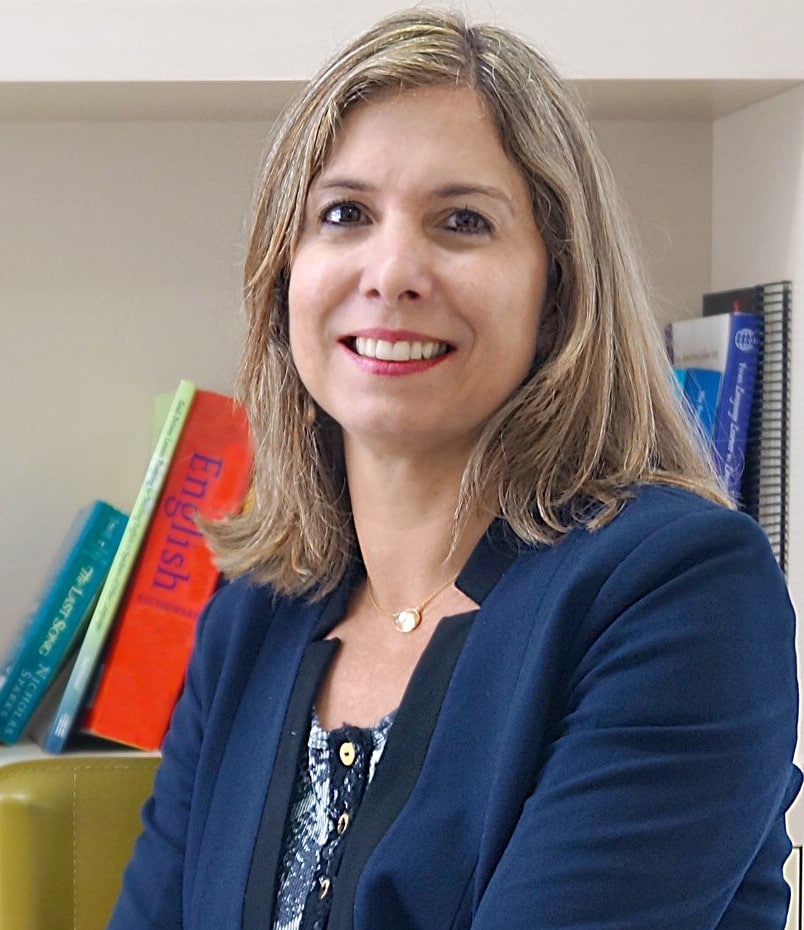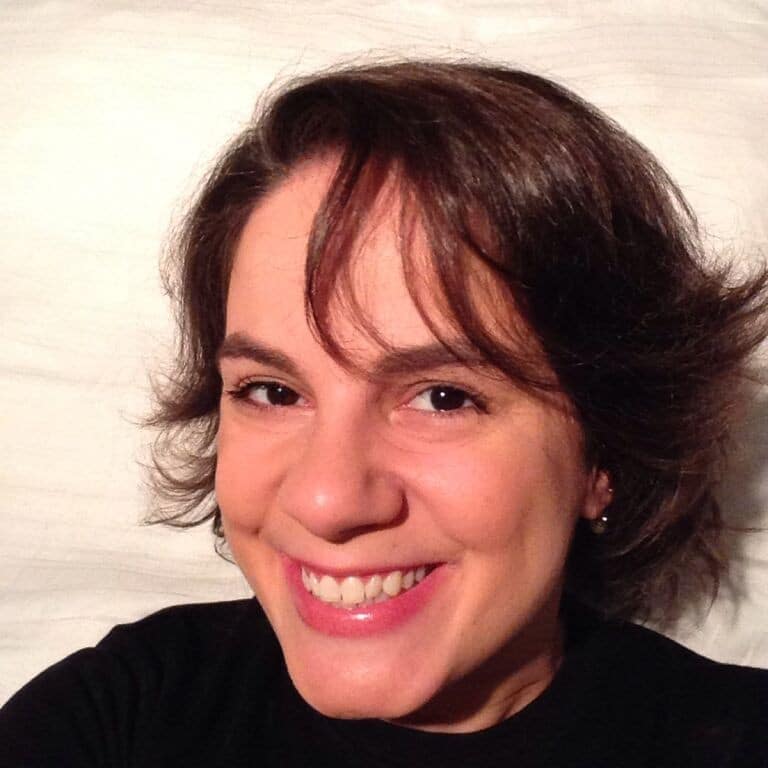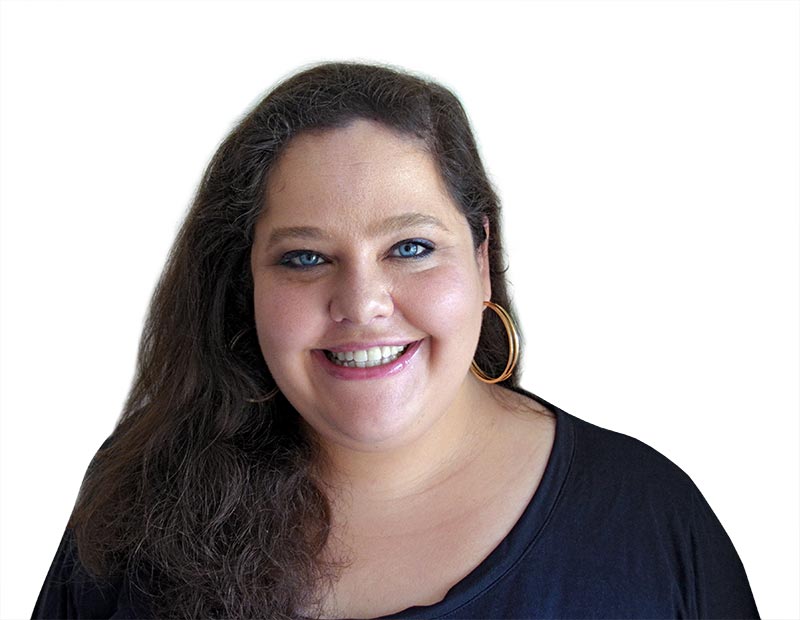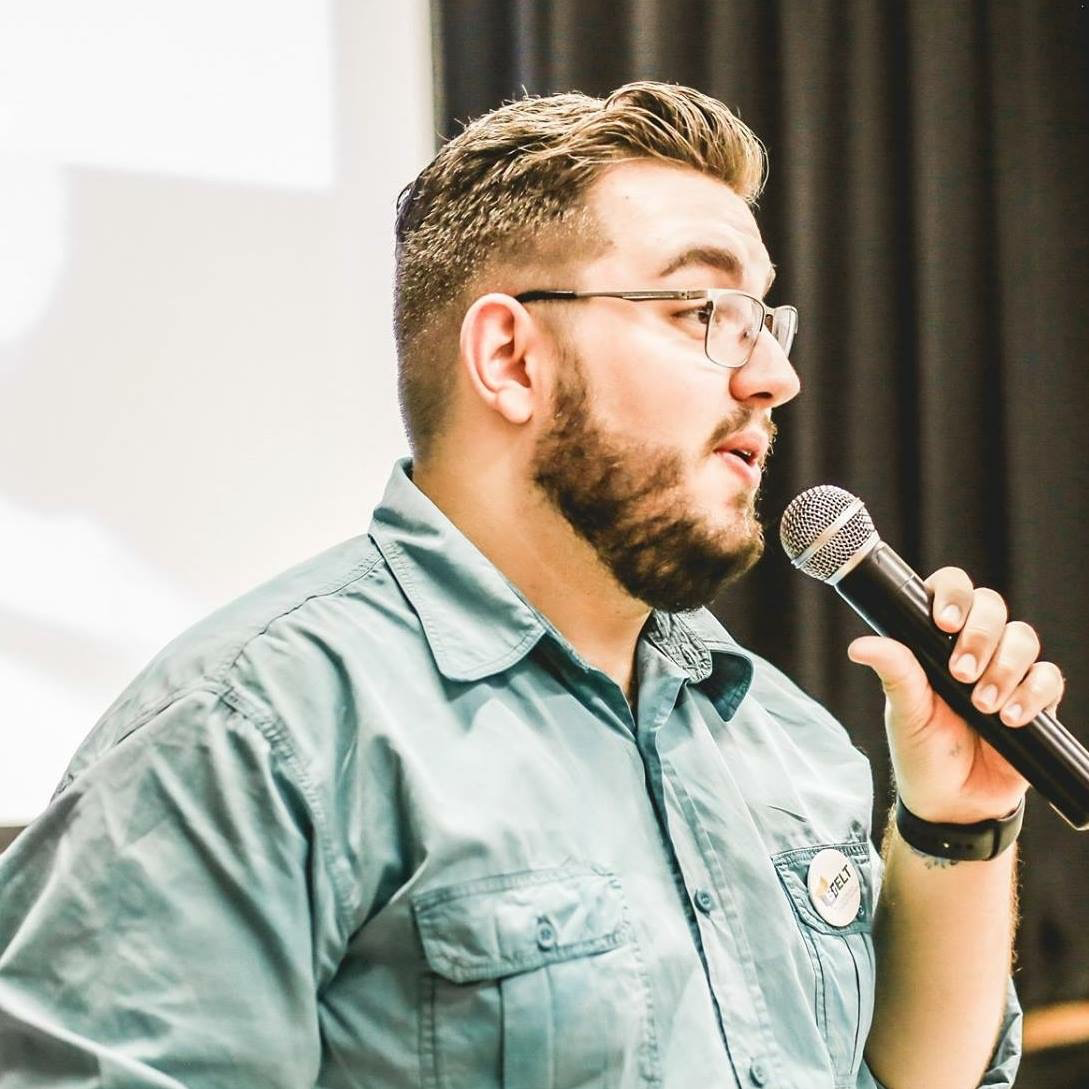Five tips for getting the most out of conferences
Already thinking about the upcoming Braz-TESOL conference, last month I wrote some tips for successful conference presentations, and my dear colleague and friend Elaine Hodgson wrote about networking at conferences as a key strategy for success.
This time around, I would like to focus on tips for successful conference participation, with a view to helping our interlocutors get the best out of all the talks, workshops, plenaries and panels they attend.
Going to conferences can be overwhelming. We go from one room to the next, frantically seeking presentations that match our current interests and presenters whom we admire. It is a lot of information to process, and it is sometimes hard to make choices. We run the risk of attending a whole conference and going back unsure of what was concretely gained from it. I hope the tips below can somehow help.
- Plan ahead
How much you gain from a conference will depend on how well you plan your day. Ideally, as soon as you get a hold of the program, you should spend a reasonable amount of time studying it and deciding what you are going to attend. You should have a focus in mind when you attend a conference. Is it to attend talks in one single area of interest that you are focusing on at the moment due to a project you are developing at work or your thesis/dissertation/final project? Is it to attend talks given by presenters you admire and you would like to see in person? Is it to attend presentations on different topics in order to have a general overview of the field? Whatever your goal is, it needs to direct what you choose to attend. Going over the program haphazardly and picking presentations randomly and at the last minute will probably lead you to make wrong choices and overlook more relevant presentations.
- Choose an effective system of recording what you see
One of the greatest challenges of attending conferences is to record and put into practice everything we learn. You can go to conferences all your life and continue teaching your same old classes the same old way. For conferences to be truly worthwhile professionally, we need to make sure, first of all, that we record what we see. There are many ways to do so. Some people like to take notes in notebooks or notepads. Others prefer digital resources. Whichever system you prefer, you need to be consistent. I used to keep a conference notebook where I took notes of everything I saw in conferences. My last notebook lasted five years and contains notes from over ten conferences. It is all there for my consultation whenever I need. Had I used a different notebook or notepad for each conference, I might not still have all this information readily available. An even better way of using a notebook is to use a bullet journal.
Now that I have an iPad, I prefer to take notes using Evernote. It is a very useful note-taking app where you can have different notebooks. I have one just for conferences. Just like my good old paper notebook, I have a single notebook where I store all my notes from conferences. Any time I need to look back at my notes, I know where to find them.
- Establish takeaways and goals and follow up on them
Taking notes is not enough, though. You need to do something with the notes, at least the ones that you find more relevant. A good way of doing this is writing down your takeaways from the relevant presentations you attend and how you plan to use this information. Maybe you want to research the topic further, or buy a book that was suggested. Perhaps you have relevant information to pass on to a colleague who is interested in the topic. If it is an idea that you can immediately associate with a course you teach or a project you are working on, make sure you write this down. If you write down what your goal is and then go back to your notes and follow up, the conference will be much more beneficial to you because it will bring concrete results.
- Follow up with the presenters
Every presenter provides their email for future contact. If it is a presentation you found particularly meaningful and insightful, write an e-mail l to the presenter. You can just congratulate them for the great work, or you can also ask for materials and further references. Networking is very important in our profession, and presenters are a good option to start with. You can also follow them on social networks and keep the conversation going. Professionals who apply to present in conferences such as Braz-TESOL are people who want to interact with colleagues and keep the conversation going.
- Share what you see with your colleagues
Not everyone can manage to attend a conference outside their city. Besides the costs, people might have other professional or personal plans. Therefore, it is very important that you share your conference experience with your colleagues. Don’t keep everything to yourself. Organize a session in which you can focus on a presentation you found most meaningful or share a sort of “potpourri” of the conference highlights. Alternatively, you can blog about the conference or adapt a presentation and deliver it in your local Braz-TESOL chapter event, giving credit to the original presenter, of course.
I hope all our readers can make it to the 15th Braz-TESOL International Conference in my hometown in July and that you make the most out of this unforgettable event!






